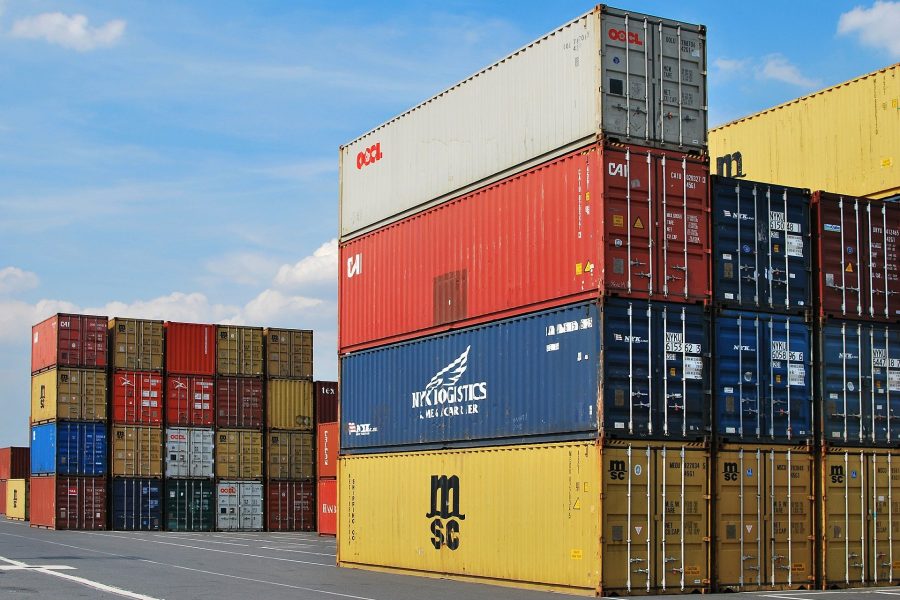When states claim to be first at something, it’s usually cause for pride. But in California, it’s often a signal to head for the hills – or rather, to other states.
In another first in the nation, the California Legislature passed a bill last week that would require warehouses to disclose quotas and productivity measures to employees and government agencies. AB 701 is aimed squarely at Amazon, whose one-day delivery promise has made the e-commerce giant one of the most successful companies in America.
Amazon has been widely criticized for the algorithms it uses to track worker performance. Called excessive by critics, warehouse workers have complained about having to forego even going to the restroom to keep up with Amazon’s productivity demands. AB 701 guarantees restroom and other breaks by banning “time off task” penalties and prohibits companies from retaliating if workers complain.
Amazon spokeswoman Rachael Lighty, in an email to the Los Angeles Times asserts that terminations for performance issues are actually quite rare — less than 1 percent. Nevertheless, Jeff Bezos, Amazon’s CEO, acknowledges in the company’s shareholder letter that “We need to do a better job for our employees.” To mitigate workplace injuries, Amazon pledges to spend more than $300 million in safety projects this year.
The fact is, AB 701 is less about sprained wrists and restroom breaks, but about union power. Last April, when 6,000 Amazon warehouse workers in Alabama delivered a resounding defeat to union organizers, the unions made a commitment to double down. The Los Angeles Times reported that in June, the International Brotherhood of Teamsters announced an all-out nationwide effort to organize Amazon’s delivery and warehouse employees, calling the company an “existential threat” to workers across the logistics industry. AB 701 will drive the wedge further between workers and management.
In California, Amazon employs more than 150,000 people – more than the 80,000 it employs in its home state of Washington. Many of these employees work at warehouses in the Inland Empire and the San Joaquin Valley, which now have the highest concentration of transportation and warehousing employment in the U.S. Today, California has more than 200,000 warehouse workers – double from five years ago. Increasing imports from Asia, which flow through the ports of Los Angeles, Long Beach, and Oakland, feed the giant distribution centers across the state.
AB 701 lumps the entire warehousing industry together and uses a “chainsaw” rather than a “scalpel” to address policy issues, argues Paul Granillo, president and CEO of the Inland Empire Economic Partnership. The bill would inevitably spawn frivolous lawsuits and more bureaucratic red tape. It would also hurt small businesses and farmers, adds Granillo: “We’re already seeing a growing number of businesses leaving California for greener pastures, but now AB 701 will exacerbate that problem and eliminate good-paying, blue-collar jobs.”
California’s working class already has a tough time as it is – the lack of affordable housing, the high cost of energy, rising crime, and the poor performance of public schools stack the odds against success even higher. “The predictable result,” writes PRI’s Wayne Winegarden and Kerry Jackson, in their upcoming study “California Migrating,” “is that people who were once California Dreamin’ are now dreaming of a better life elsewhere.”
Rowena Itchon is senior vice president of the Pacific Research Institute.


